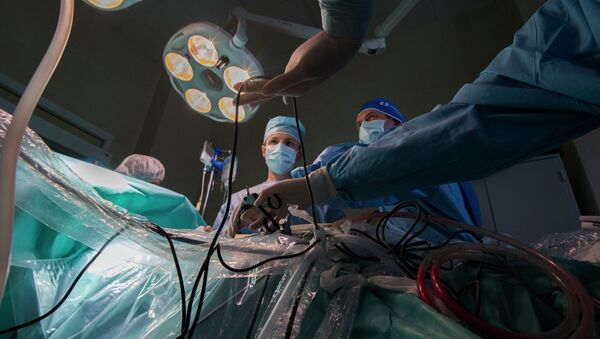Those include Ottawa Senators owner Eugene Melnyk's public plea for a new liver and the aggressive social media campaign organized by the family of twin girls Binh and Phuoc Wagner in search of a transplant.
Both campaigns were successful but triggered uproar among many bioethicists, who claimed it was unfair that the wealthy and the cute are saved while hundreds die each year waiting for available organs in a queue. Access to medical care shouldn't depend on such things as beauty, however it is defined, or media savvy, they believe.
"The concern is that some Canadians have more resources than others, which could create an unfair advantage with respect to having access to organs," President of the Canadian Medical Association Granger Avery told the Star in an email.
However, the national committee of bioethicists and doctors, who were prompted to deliberate on the issue by the lack of legislation or guidance for transplant programs, came to the conclusion that public solicitation was helping rather than hurting.
"The benefits really outweigh the concerns," President of the Canadian Society of Transplantation Atul Humar told the Star.
According to Humar, the practice helps make the recipient waiting list shorter and raises awareness of the organ donor shortage in the country. In both Melnyk's and the Wagner twins' cases, several people who were not selected to donate to them agreed to give their organs to someone else.
"Our story saved other people, so do I have shame? Zero," said the twins' adoptive mother, Johanne. "It was a directed donation… There's only a positive side to it. It helped other people."
About 4,600 Canadians are currently on a waiting list for organ transplants, according to a report last month by Canadian Blood Services.



